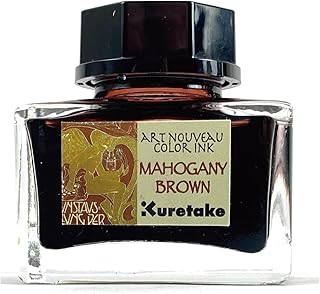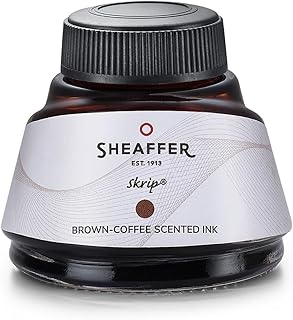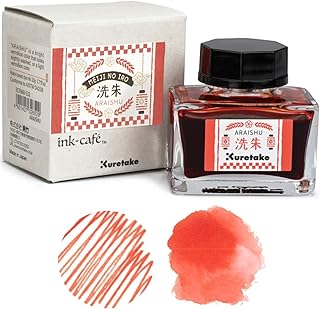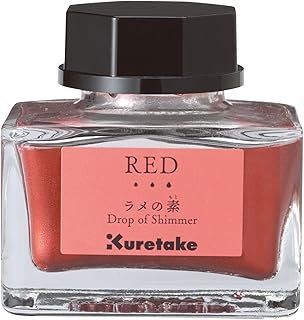A groundbreaking collaboration in Finland has resulted in a significant advancement in sustainable packaging innovation. The development involves the utilization of a natural biocolorant extracted from coffee waste in flexographic printing on fiber-based packaging. This eco-friendly ink innovation is a testament to the growing trend towards environmentally friendly solutions in the packaging industry.
The project, a joint effort between Natural Indigo Finland, Tampere University of Applied Sciences (TAMK), and industry partners, has successfully created a water-based ink using biocolorant sourced from coffee waste provided by Finnish coffee roastery Meira Oy. This eco-friendly ink offers a renewable and natural alternative to synthetic pigments traditionally used in packaging printing, marking a significant shift towards sustainable practices.
The collaboration has moved beyond the experimental phase to industrial implementation, with Cabassi Oy effectively printing the coffee-based ink on Paptic® material, a durable and recyclable fiber-based solution designed to replace plastic. The result is a high-quality, sustainably printed paper bag showcasing the innovative use of pigment derived from coffee waste, adding value to what was once considered a byproduct.
This eco-friendly ink solution is not only a scientific breakthrough but also a commercially viable option that aligns with the principles of the circular economy and responds to the increasing consumer demand for sustainable products. The transition towards bio-based coloring solutions is gaining momentum as industries worldwide seek to reduce their environmental impact and embrace more eco-friendly practices.
The success of this collaboration has prompted the partners to seek further expansion and invite additional industry players to join forces in scaling up this eco-friendly ink innovation on a global level. The aim is to accelerate the adoption of 100% bio-based colorants, replacing synthetic pigments with solutions derived entirely from industrial waste and natural sources.
Dr. Kai Lankinen, a sustainable packaging expert at Tampere University of Applied Sciences, emphasizes the significance of this green innovation in the packaging print sector, which represents a substantial market globally. The potential environmental benefits of this eco-friendly ink solution are vast, offering a renewable, biodegradable alternative to conventional printing inks derived from fossil-based sources.
As regulations become more stringent and the shift towards sustainable practices intensifies, innovations like the coffee waste-derived ink present a scalable, low-impact solution that can cater to a wide range of packaging applications. The project’s success underscores the importance of cross-industry collaboration in driving sustainable initiatives and creating tangible solutions for a more environmentally conscious future.
Looking ahead, the partners involved in this pioneering project are poised to lead the way in transforming the packaging industry towards a more sustainable and environmentally friendly direction. By harnessing the potential of eco-friendly ink solutions derived from coffee waste, they are setting a model for future innovations in sustainable packaging practices.
📰 Related Articles
- Doctoral Student Transforms Coffee Grounds into Sustainable Packaging
- ofi Unveils Sustainable Coffee Facility in Brazil, Driving Innovation
- Winners Revealed: Innovations in Sustainable Packaging Design
- Urgency for Sustainable Coffee Sourcing Amid Global Consumption Rise
- Timothée Chalamet’s Rum and Coke Signals Coffee Cocktail Revolution






